Doctor Who:
'Citizen of the Universe'
"Well, to be fair I did have a couple of gadgets he probably didn't, like a teaspoon and an open mind."- The Doctor
"Goodbye, Doctor... Doctors... Splendid fellows! All of you!"- Brigadier Lethbridge- Stewart
 |
 |
 |
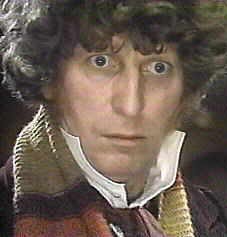 |
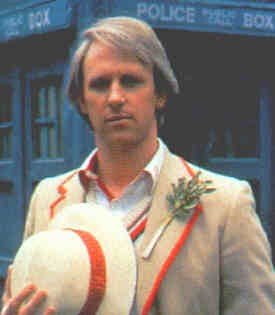 |
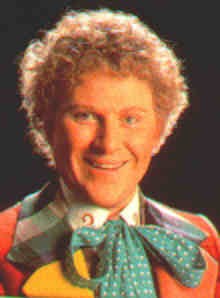 |
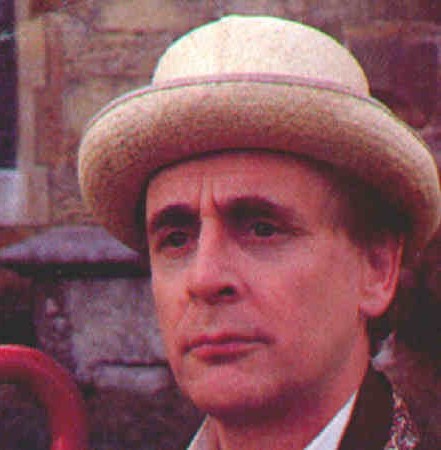 |
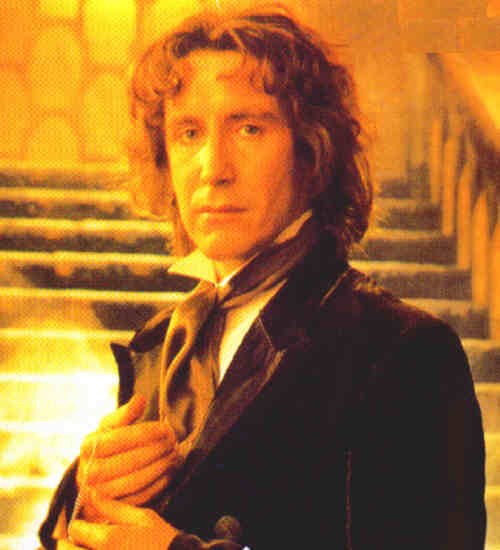 |
Doctor Who:
'Citizen of the Universe'
"Well, to be fair I did have a couple of gadgets he probably didn't, like a teaspoon and an open mind."- The Doctor
"Goodbye, Doctor... Doctors... Splendid fellows! All of you!"- Brigadier Lethbridge- Stewart
 |
 |
 |
 |
 |
 |
 |
 |
Ladies and gentlemen, you are now looking at the King. The Doctor is to Mad Science what Einstein was to real science, what Chuck Yeager was to test piloting, what Elvis was to Rock 'n' Roll.
The Doctor was an alien, a Time Lord from the incredibly advanced planet Gallifrey. Stealing a run-down TARDIS (Time And Relative Dimensions In Space) vehicle, he and his granddaughter Susan left the stiflingly formality of Time Lord society to explore time and space. On Earth in 1963, the Susan is briefly enrolled at Coal Hill School in London. When the Doctor and Susan leave, they take with them two of Susan's teachers, Ian Chesterton and Barbara Wright.
Thus begins the finest TV series ever. The Doctor and his companions travelled to a variety of alien worlds and historical locales where they were inevitably pitted in conflict against the forces of evil. The Doctor, though an elderly and often absent-minded gentleman, would inevitably out-think the assorted Daleks, cavemen, Cybermen, evil scientists, cowboys, French revolutionaries and so on. The series, though aimed at children and full of the cheapest special effects that you ever saw, was immensly popular. Gradually, the supporting cast (ie., Susan, Ian and Barbara) dropped out, to be replaced by an assortment of sidekicks, from Trojan priestesses to space pilots.
But in 1966,the series ran into difficulty, when William Hartnell had to retire due to his failing health. The producers of the show, faced with the imminent departure of their title character came up with an idea, untried yet brilliant in it's simplicity: get someone else to play him. Then came the interesting part: the replacement actor, Patrick Troughton, looked nothing like the man he was replacing! People from the Doctor's planet, it was explained, could regenerate their bodies upon the point of death. This regeneration caused a total change of appearance. In this way, the series lased for twenty-six years, with seven actors playing the Doctor, and another in the 1996 telemovie.
In addition to changing appearance, the regeneration process apparantly changes the Time Lord's personality (although, curiously, this doesn't seem to be the case for evil Time Lords). William Hartnell's cranky Edwardian gentleman was followed by Patrick Troughton's genial, clownish and (let's be honest) somewhat camp vagabond. His mind was still as active, though, and he and his companions fought a vast variety of villains- the Daleks and Cybermen, of course, and new threats such as the Ice Warriors and the robotic Yeti. During this period, purely historical stories without science fictional elements were gradually phased out. Also, this period sees the introduction of U.N.I.T. (the United Nations Intelligence Taskforce), an organisation dedicated to protecting the Earth from alien invaders. The British branch of U.N.I.T. and it's leader, the redoubtable Brigadier Alestair Lethbridge-Stewart, would later play a significant part in the Doctor's life.
The second Doctor's career was brought to an end during his conflict with the War Lords, who were aided by a renegade Time Lord. Realising that he could not defeat them by himself, the Doctor was forced to contact the Time Lords for assistance. The Time Lords put a stop to the War Lords, but also arrested the Doctor on charges of TARDIS theft and violating the Time Lord code of Non- Interference with other species. Found guilty, the Doctor was forcibly regenerated and, crueller still, banished to Earth in the 1970s time period. Nasty.
Fortunately, the third Doctor, played by Jon Pertwee, was able to get a steady job as scientific advisor to U.N.I.T., which allowed him to fight sci-fi menaces without leaving Earth. The third Doctor was the most serious and overtly heroic of the Doctors, forever getting into sword fights and car chases in addition to more traditional Dr. Who battles of wits. In adititon to being the most physically active of the Doctors, he was a bit of a dandy in a 70s sort of way, with a penchant for velvet suits and ruffled shirts.
It was during the Doctor's sojourn on Earth that we are introduced to the Master, but it is another renegade Time Lord, Omega, who changes the Doctor's situation the most. Omega was the engineer who created the black hole which is the source of the Time Lords' power. Omega was thought to have been killed in the supernova which preceeded the black hole's creation, but he was in fact alive and well, and living in a universe of anti-matter and plotting revenge. Eventually, he struck, and began to draw the power of gallifrey back through the black hole. the weakened Time Lords decided that only the Doctor was in a position where he could get to Omega. The only active help they could give him was to bring forward his two previous selves to help him.
So the second and third Doctors stopped Omega and saved the day, with the help of the first Doctor, who the Time Lords had been unable to fully materialise. As a reward, the Doctor's exile was lifted and, while he often returned to Earth to help U.N.I.T., he again had the freedom of time and space.
The third Doctor met his end as a result of his conflict with the Great One, queen of the giant spiders of Metabilis 3. Though triumphant, the Doctor recieved a leathal dose of strange radiation. Having returned to Earth, he was on the point of death when Kan Po- a Time Lord who'd become a Tibetan lama- gave his regeneration a psychic push, saving his life.
So we come to the forth Doctor, to my mind the best of them all. Played by the mercurial Tom Baker, the forth Doctor was a sort of cosmic bohemian. With a good humoured charm masking an iron will, the forth Doctor was by turns pleasant and petulant, charming and insensitive, brilliant and silly and, above all, a raging egomaniac.
This Doctor's first adventure involved helping U.N.I.T. to fight a giant robot, but his adventures soon took him away from Earth and U.N.I.T.. I may be mistaken here, but I think this Doctor visited the Earth the least frequently. In one of his earilest episodes, the Doctor has his last adventure with U.N.I.T. for about ten years (fighting the Loch Ness monster, no less!).
The Doctor encountered Davros for the first time during this era, as well as the Master, who he meets on Gallifrey. It is in this encounter that we first start to learn more about the Time Lords, and quite a disapoinment it is too. The Time Lords, previously nebulously defined beings of tremendous power, become a bunch of puffed up, overdressed idiots and remain so during the Doctor's later trips to Gallifrey.
 |
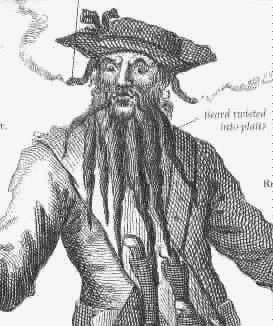 |